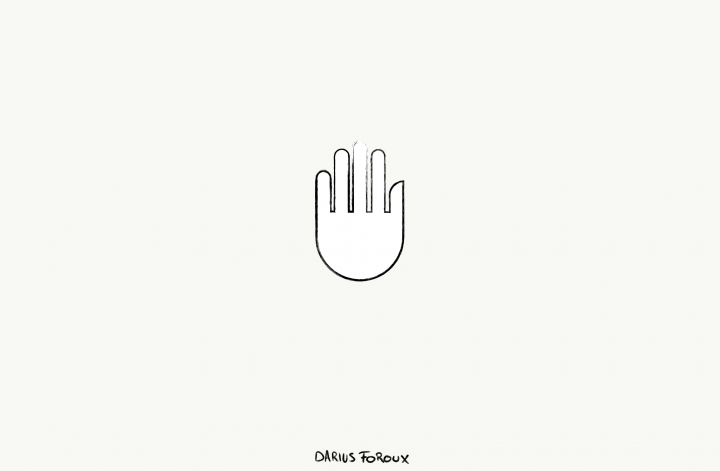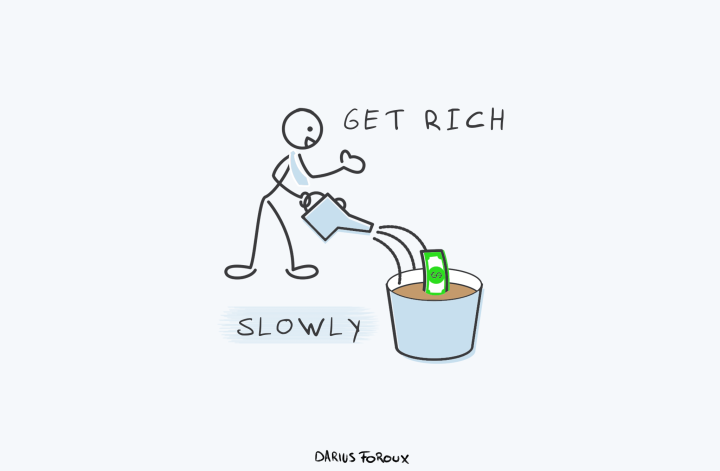Saying no makes us uncomfortable. But if we learn how to say no, we can reclaim control over our lives. life. Too often we say yes to things we do not want.
We believe that we always have to say yes to opportunities. We fear that saying no leads us to miss out on money, fun, and other experiences. However, by always saying yes, we do not value our time. Blindly, we say yes to everything that comes our way. We often do not look at saying “no” as a skill or something that is essential to success and happiness.
If we are at work and our manager asks us to hand in a report before the end of the day, we say, “sure thing.” It interrupts our work and often forces us to push other things aside.
We say yes in our personal lives all the time. When friends ask us to go out while we have other things to do, we say yes. We do friends or acquaintances a favor, without thinking about it. We even say yes to bigger things that we do not want. For instance, we take jobs we do not like or start relationships with people we do not love.
Why do we do this? We are afraid to say no, to let people down and ultimately, to avoid confrontation. The stress of saying no often makes us say yes automatically. When we say yes reluctantly, we complain or blame ourselves, “why couldn’t I just say no?”
One of the reasons we find it difficult to say no is because we want to conform to other people’s expectations. Sometimes we have to make decisions that will influence our life’s outcome. In those cases, you cannot be afraid to say no. When parents expect their children to go to university, the children often give in to the pressure. We are all unique and have things we want from life, so asking people to do something they do not like is not fair (no matter how badly you want it). If you do not wish to go to university because of a good reason, then do not enroll. We have to follow our passion and make our path.
Ways To Say No
It is not a crime to say no. Your friends and family will understand, they will still care about you, even when you cannot make certain social engagements. And if your friends do not get it, it is probably time to find new friends. When we truly care about someone we will still care about them if they miss an activity. Besides, when it comes to a job, say no to everything that is not essential to your work. People will respect you for doing your job and not wasting time on meetings and coffee breaks. Here are 4 ways to say no, inspired by Greg Mckeown’s book Essentialism.
1. The indirect “No.”
Starting to say no can be awkward. Most people prefer to start with an indirect approach. In your personal life, you can say, “look, I want to join you for drinks, but I have to work on this project because it is important to me.” When you start saying no more often, it is fine to make excuses so that you avoid saying yes. That is the primary goal when you start saying no. You do not want to do something, so find a way to say no without feeling uncomfortable.
2. The “Let me get back to you.”
We are often caught off guard with invitations or requests from people. We feel the pressure to answer those requests immediately. Next time when you are caught off guard, often by phone or in person, tell them, “I just have to look at my calendar, let me get back to you about that.” Alternatively, we can say that we have to discuss it with our spouse or family first before we can answer.
3. The conditional “Yes.”
You do not always have to say no. When your boss asks you to collect information before the end of the day, you cannot say no to that. What we can do is to force our boss to prioritize. If you work in sales, for example, you can say, “I can give you the information, but that means that I cannot make the ten calls we agreed on today. Is that all right?” With this conditional yes, we force people to prioritize. It shows that you have other things on your plate.
4. The direct “No.”
Once you are comfortable with saying no more often, you can take the ultimate step in mastering saying no. We give people excuses for why we cannot do something. We say that we cannot have lunch because of a “doctor’s appointment”. We feel socially awkward just to say, “I cannot make lunch this week.” When you have mastered saying no, you stop giving excuses and start to say no firmly. Practice makes perfect.




